The Best Race Ready Routines for Swimmers
- 16 Jan 2019

Racing success isn't just about turning up on a Saturday and smashing it. If only it was that simple!
To get the very best out of your performance on race day, it is essential that you work hard to develop the best possible routines and stick to them.
Not preparing properly in the weeks before your race could mean you never achieve maximum performance, and you never win that all-important medal.
We take a look at the common mistakes swimmers make when preparing for a race, and share our five top tips for developing the best race-ready routine.
1) Get the right amount of sleep
Adults need between seven and nine hours of sleep per night to ensure their bodies reach optimum performance levels. Teenagers and children need even more.
While the exact amount of sleep varies from person to person, getting the right amount of rest is vital for helping your body cope with the demands of competitive swimming.
A good night's sleep will help the body heal and grow muscles after exercise, and it will also stand you in better shape for performing to the best of your ability again the next day.

But don't just think a good sleep the night before a race is enough to get by. Your sleep pattern should be consistent for a whole week before your race, if you want to perform at your full potential.
According to the National Sleep Foundation:
"Sleep deprivation has also been seen to decrease production of glycogen and carbohydrates that are stored for energy use during physical activity.
"In short, less sleep increases the possibility of fatigue, low energy, and poor focus at game time. It may also slow recovery post-game. Whether you’re at the top of your game or in the game for the fun of it, getting the proper amount of sleep is necessary to face the world with your best food forward."
So, remember to avoid staying up late in the week before a race. Pick a sensible time to go to bed, and stick to it.
2) Check your swimming kit regularly

The amount of swimmers who still aren't checking their kit until the last minute is amazing!
It's extremely important to ensure your goggles aren't damaged, your cap is still in good condition and that your swimsuit still fits — particularly if it's been a while since your last race!
Remember to check all your race-day kit several days before, so you've got time to get new or replacement items if needed.
Getting a decent swimming kit bag for race day is one way you can become more organised.
Popular bags such as the TYR Alliance and Arena Spiky 2 backpacks are ideal for making sure your racing swimwear, goggles, cap, towel and any extras all have a home.
We recommend to keep a pre-race day checklist so it's easy to make sure everything is packed. This will help you keep a clear mind, and will save you from any last-minute panics about kit on the morning of your race.
If you want to create your own checklist, you may want to choose some or all of these race-day essentials:
- Racing suit
- Back-up race suit
- Racing goggles
- Racing cap
- Club kit
- Warm/comfy clothing for poolside
- Towel
- Water bottle
- Energy bars / snacks
- Anti-chlorine shampoo
- Body wash
- Change of dry clothes
- MP3 player / iPod
3) Stick to your swim training schedule

Sticking to your swim training plan is vital because you need to get your body into a routine.
Make sure you always hit the pool in the morning before work, and visit again at the end of the day. If you stick to a schedule of that nature, you shouldn't encounter too many problems when it comes to getting a good night's sleep.
Also, swimming in the morning will boost your energy for the day and ensure you perform better in other areas of your life.
We understand sticking to such a tough schedule can become a bit of a challenge, particularly when you are busy in other areas of your work or studies.
A hi-tech swimming gadget may help you spice up your training, and also provides you with a goldmine of statistics and analysis on your swims.
Items like the FINIS Tempo Trainer Pro will really help you pace the tempo of your swim and keep your stroke rate consistent, while swimming watches such as the Swimovate Poolmate 2 will give you instant data on your swim and provide the motivation to set new targets to achieve.
Also, remember to plan your pre-race warm-up routine around your training schedule. If you plan to taper your training in the days leading up to a swim meet, you'll need to make sure you warm up thoroughly.
4) Eat the right foods

The types of food you eat, and when you eat them, will play a role in your success.
During your training, it's important to get into a routine that works for you, only eating at particular times of the day before and after your swimming.
This schedule should help your body to maintain perfect metabolism, and it should prevent your digestive system from causing any issues when you're in the water.
While you probably don’t have to go as far as Michael Phelps with his famous 12,000 calorie diet, it's still sensible to plan your meals carefully and only eat healthy foods.
Good foods to eat before swimming should be rich in complex slow-releases carbohydrates such as:
- Wholegrain pasta
- Wholegrain bread
- Brown rice
- Sweet potatoes
- Peas and beans
- Fresh fruit (dried also works well)
- Low-fat yoghurt
- Unsalted nuts
- Porridge oats
The best food to eat after swimming should provide a good source of lean protein to help with muscle repair and recovery. Options include:
- Lean chicken or turkey
- Oily fish
- Baked sweet potato
- Brown rice
5) Stay hydrated
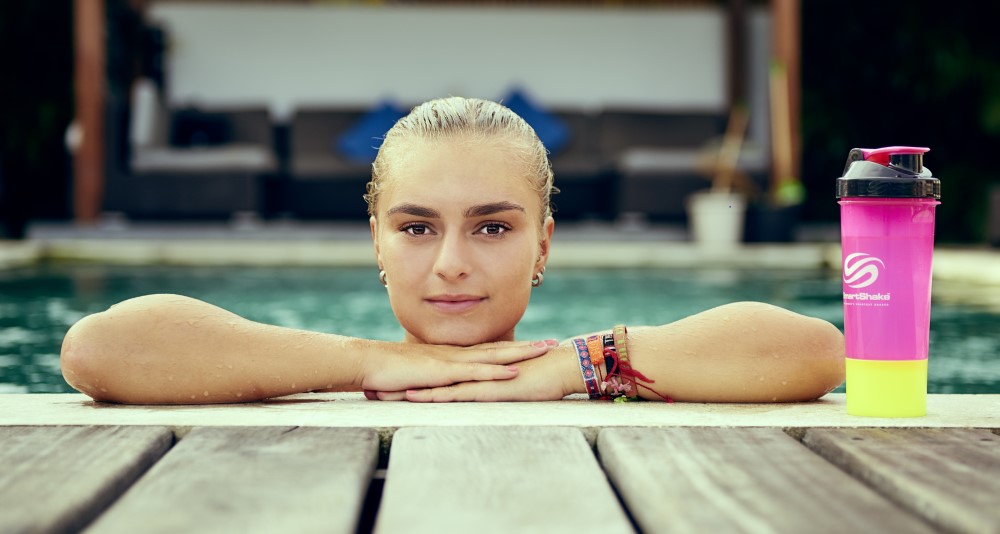
You'll need to keep your body's hydration levels perfect if you are to perform at your very best.
Becoming dehydrated while you're swimming — or even worse, before you even get in the pool — will affect your energy and performance levels, and leave you feeling unwell for the rest of the day. Swimmer's Headache is a common symptom of becoming dehydrated.
Ensure you start any swim in a hydrated state.
The colour of your urine will help you assess your body's hydration level. Known among athletes as the 'pee chart', you should be aiming for a urine colour of pale yellow or light straw.
If your urine colour is too dark, this indicates you are not hydrated enough and you should take on some extra fluids.
Around 3-4 hours before your swim, check your urine colour to monitor your hydration levels. If you are dehydrated, start sipping water little and often until your urine returns to its optimum colour.
Your hydration awareness mustn't stop once you're in the water. Because you're wet, it's easy to forget that you're sweating and losing vital electrolytes including sodium, potassium, magnesium and calcium.
Make sure you always have a swimming water bottle with you to leave at poolside, so you can sip on it throughout your sessions. Specialist sports drinks will also help to replenish your electrolyte levels at the same time. Get some ideas from our swim and sports nutrition range.


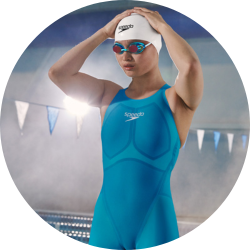

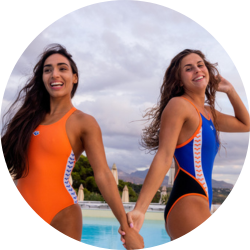

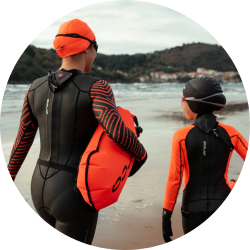

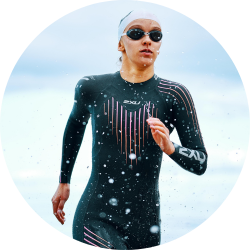
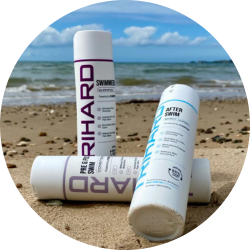
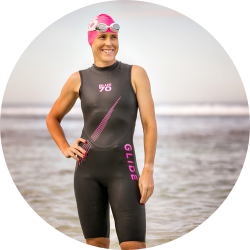


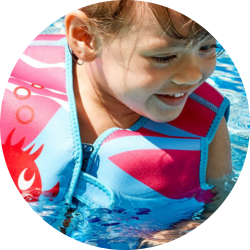
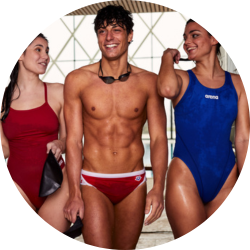
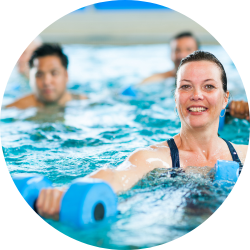































































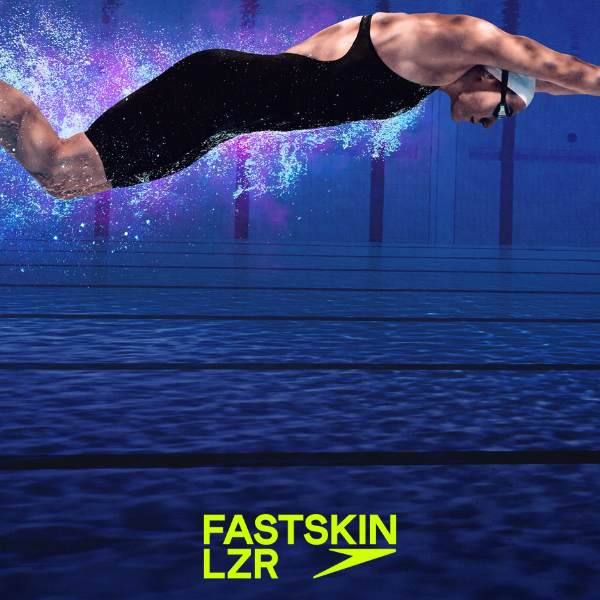
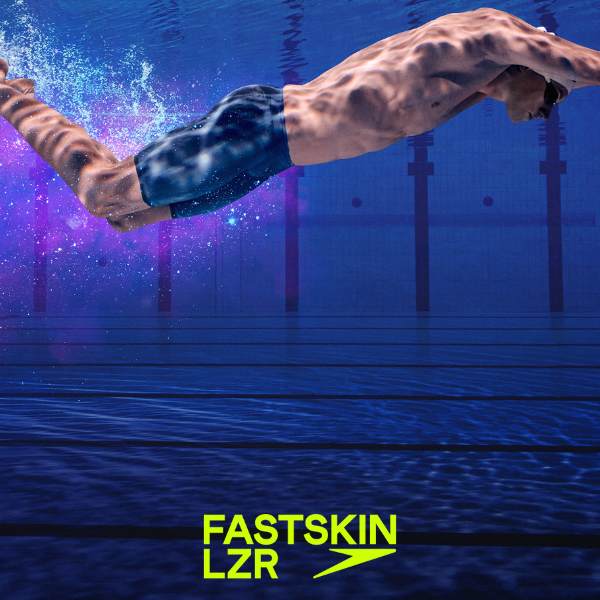




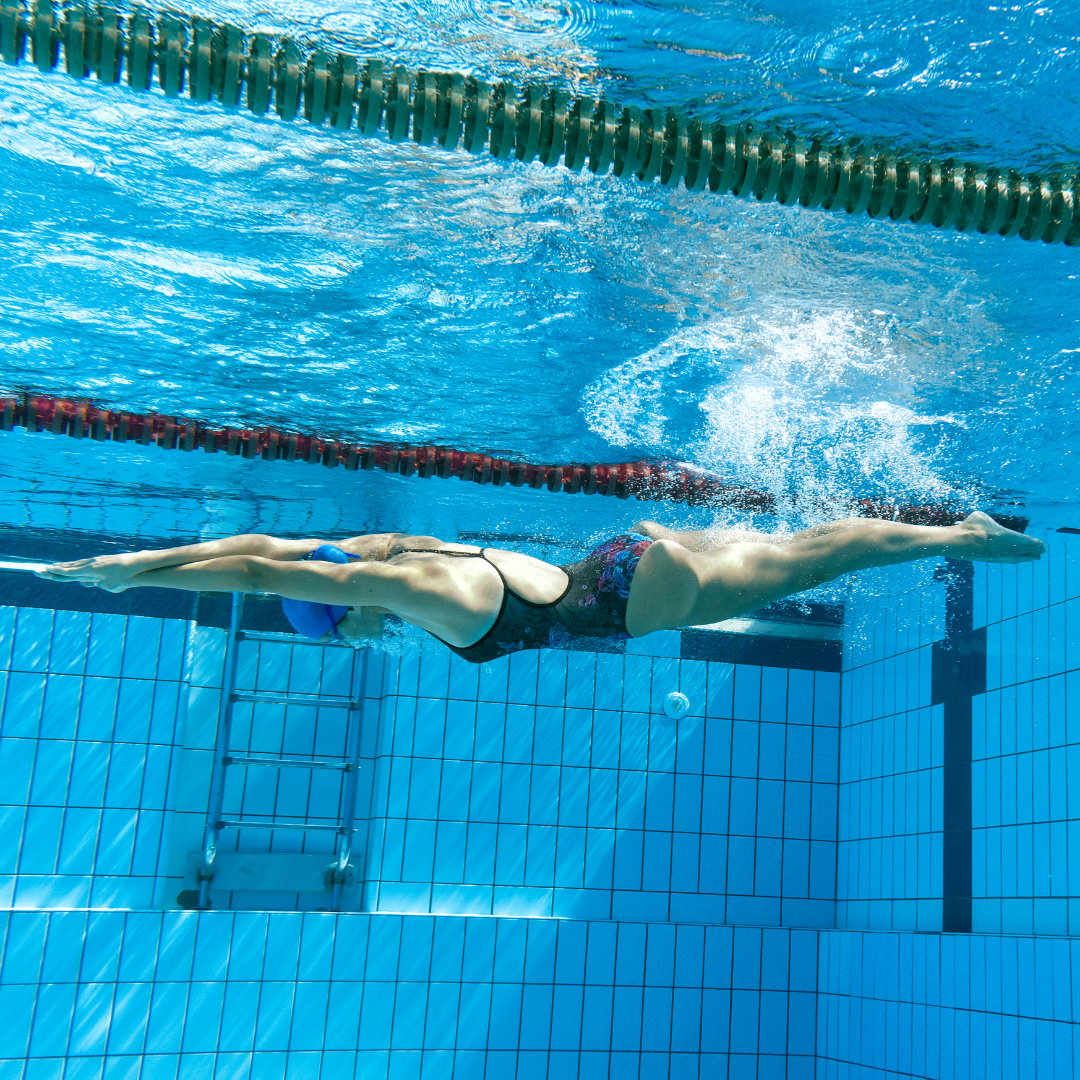



Validate your login